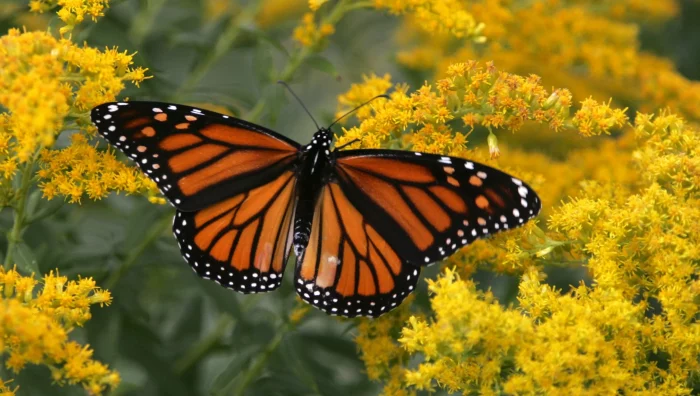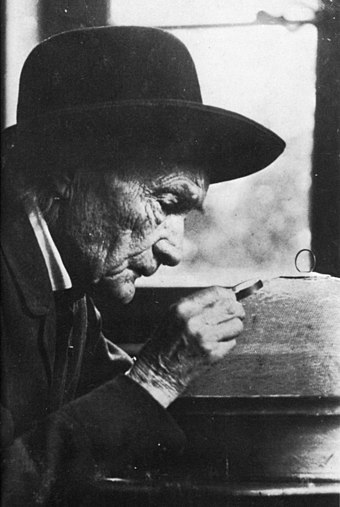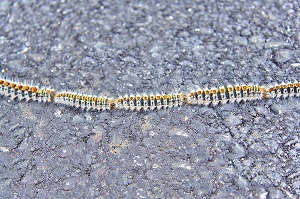
How Catholics Help Build Western Civilization
Picture a field of wildflowers growing in a pasture located in southern France. The year is 1830. A boy named Henri crawls through the field spying on a butterfly. He watches with a keen eye as the butterfly lands on a flower and sips nectar. The boy’s name is Jean-Henri Fabre and would grow up to be a self-taught scientist famed for his field studies of insects.
Born to a poor Catholic family living in an isolated farmhouse, Henri spent many hours studying the anatomy and behaviors of insects. Thus began a lifelong fascination with the natural world. Scientists now call him the father of entomology (the study of insects).
Unlike other scientists who studied dead insects, Henri was devoted to the study of live specimens. Combined with his skill as a popular writer, Favre brought strange insect worlds to the public. He wrote about the habits of dung beetles and the paralyzing instinct of solitary wasps, to name just a few.

One biographer called him the Poet of Science: a tribute to his enchanting style of writing. Fabre’s life-long dream was to acquire a swatch of land that would become his laboratory. One day his dream came true. He described the land as desolate, barren, sun-scorched bit of land, overgrown with thistles and much loved by bees and wasps.
In one experiment, he created a continuous loop of caterpillars around the edge of a pot. The caterpillars crawled in circle for seven days, demonstrating the important principle of instinct in nature. Fabre also could predict low pressure by observing caterpillar behaviors.

Tourists can visit a museum in France dedicated to insect study, built on the site of Fabre’s birth. His insect collection is preserved at the museum in Avignon.

Thanks again.
You are welcome. Pleased that you enjoyed the story. Fabre was an unusual man and dedicated to studying the natural world.